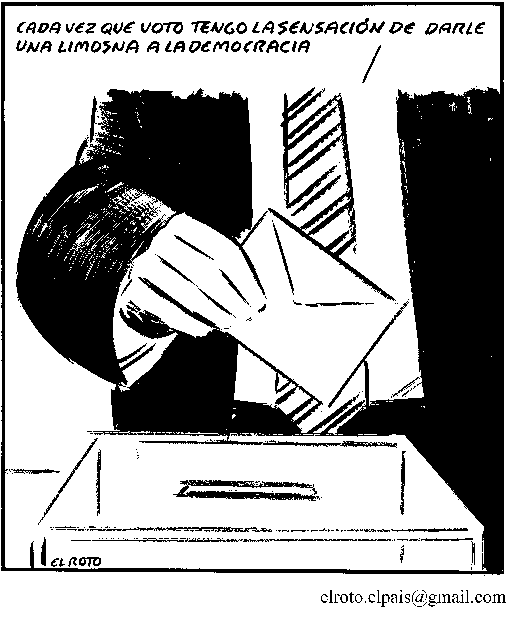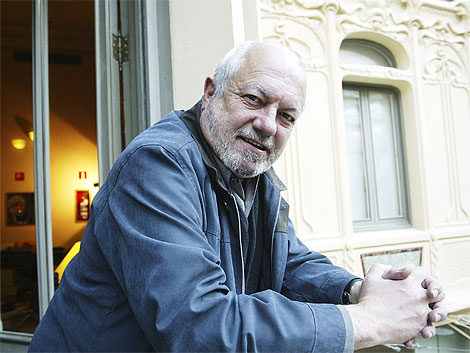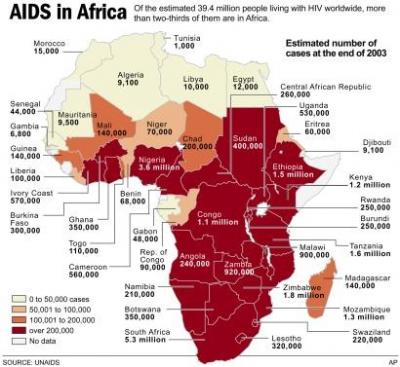Desde el día siguiente a las elecciones iraníes, uno podía encontrar en la red un sinfin de mensajes en Twitter, en inglés y también convenientemente traducidos al español, propagando, entre otros muchos, el siguiente rumor (suprimo la identidad de los emisores):
♦ NEWS: Woman CONFIRMING some riot police speaking ARABIC and hitting.
♦ Confirmed Lebanese Hezbullah still killing Iran freedom seekers-have covered faces-beating up Iranian women & children-arabic speaking.
♦ CNN - Iran’s volunteer paramilitary forces known as ’Basij’, have added some Arabic-speaking members -suspected of being Hezbollah fighters.
El día 15 Ulrike Putz, corresponsal de la revista alemana Der Spiegel, escribía que, según la Voz de América, habían llegado a Irán 5.000 combatientes libaneses de las milicias de Hizbulá para reprimir a los manifestantes. También Andrew Sullivan "twiteando" en directo desde Teherán para The Atlantic publicaba "the rumor about Hezbolah & Hamas helping Basij, until today I never believed it but I saw them today with my own eyes. they wear black riot police outfit, brown skin and shouting to people in Arabic & hit everybody they see. State Police Force comfirms the plain-clothes and black-masked militia are from Palestine and Lebanon, and have diff. orders."
Aquí, Tomás Alcoverro, que informa desde Teherán para La Vanguardia, también escribía el día 17, sin mencionar si se basaba en alguna fuente iraní, en la marea de ruido de la red o si lo había comprobado personalmente: "A lo largo de la avenida Vali Asr vigilan los temibles Basiji, montados en sus motos, con armas y porras, entre los que hay algunos libaneses procedentes del Hizbulah que no saben hablar persa".
Poco importa que medios como The Independent ya hubieran hablado de que, además de los basiyís, en la represión también participaban miembros de Ansar-e-Hizbulá (Seguidores del Partido de Dios), unas milicias formadas principalmente por veteranos de la guerra Irán-Iraq y antiguos basiyís, y exclusivamente iraníes. Aunque el origen de estas milicias se remonta a la revolución islámica de 1979, se hicieron particular y tristemente famosas en 1999, cuando tras el cierre del periódico "reformista" Salam, se desataron fuertes protestas estudiantiles que fueron brutalmente reprimidas con un saldo de muertos, desaparecidos y detenidos. El presidente era el "reformista" Mohammed Jatamí, quien se expresó en unos términos que hoy resultan familiares tras escuchar ayer la jutba del ayatolá Jameneí, ya por entonces líder supremo.
Hoy, Robert Fisk también comenta éste y otros rumores que siguen circulando: "Now for the very latest on the fantasy circuit. The cruel "Iranian" cops aren’t Iranian at all. They are members of Lebanon’s Hizbollah militia. I’ve had this one from two reporters, three phone callers (one from Lebanon) and a British politician. I’ve tried to talk to the cops. They cannot understand Arabic. They don’t even look like Arabs, let alone Lebanese. The reality is that many of these street thugs have been brought in from Baluch areas and Zobal province, close to the Afghan border. Even more are Iranian Azeris. Their accents sound as strange to Tehranis as would a Belfast accent to a Cornishman hearing it for the first time".
Que cada cual saque sus conclusiones sobre las "revoluciones en directo" y la primacía de la inmediatez y la propaganda sobre la información veraz, contrastada y bien documentada.





